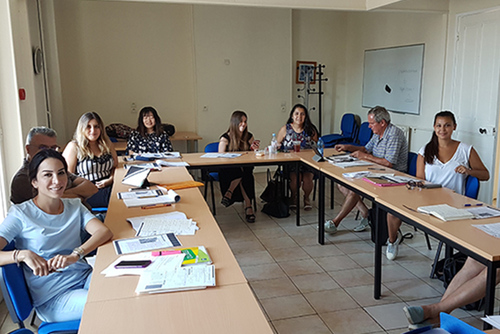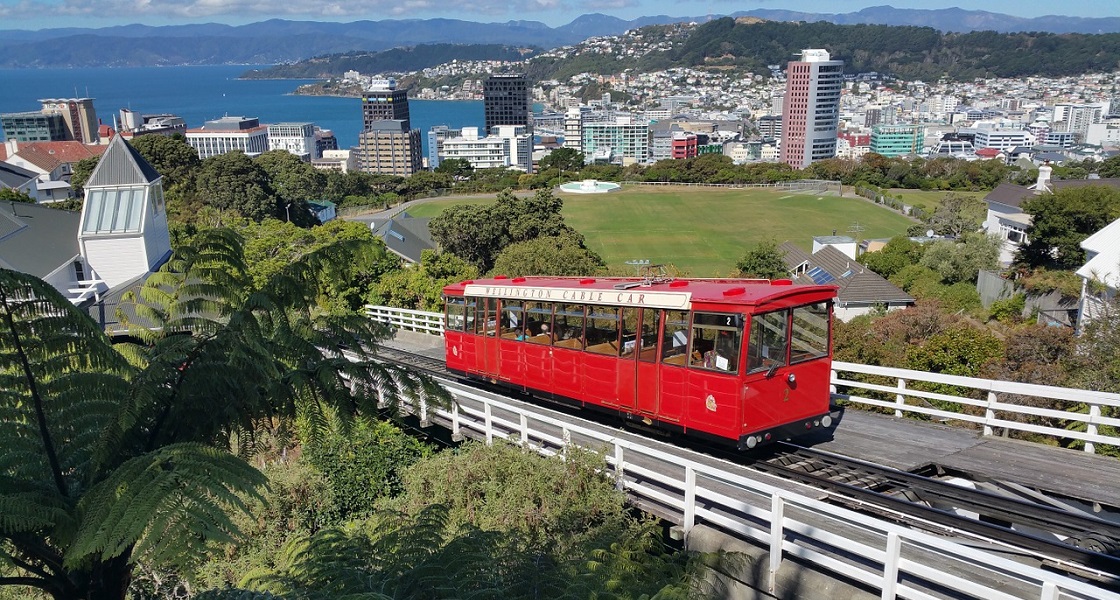Studying abroad really doesn't have to be as expensive as you think and so don't be put off from applying.
We have put together a complete guide with top tips on how to study abroad without breaking your bank balance including top ways to save money whilst overseas.
1. Choose Your Destination Carefully
Make sure you research all destinations for the cost of living and course fees, and how you plan to pay for them, this can save you tons of money!
Studying in South America for example is a lot cheaper than traveling to study in Europe. Some recommended budget study abroad destinations include:
- Argentina - international students pay a very small fee to enroll at public universities in the county
- Italy - low tuition fees
- Spain - affordable cost of living and cheap tuition fees
- Germany - low tuition fees
- Scandinavia - a high cost of living but Finland, Norway and Sweden all have free study options
- New Zealand - low cost of living and affordable fees
- India - one of the lowest cost of livings in the world
- Taiwan - A long way too travel but universities here like the National Taiwan University (NTU) offer very low course fees around $1-2,000 per year
2. Get Away from the Tourist Hotspots
Yes studying in world famous locations like London and Paris might seem appealing, but the cost of living here will be much higher than if you choose universities away from the tourist crowds.
3. Grants and Scholarships
Research scholarships for studying overseas, most colleges can offer assistance and information about available programs. If you are applying from the U.S.A. then check government-sponsored scholarships and fellowships like Benjamin A. Gilman, Fulbright and Boren Awards. Private organizations like AIFS Foundation and Rotary Foundation also offer financial help.
4. Course Duration
If you are interested in the experience of studying abroad but lack the funds why not consider a short term course?
5. Transport
Work out how much it will cost to get to your preferred destination. If flights are expensive maybe you might want to consider a location closer to home. Book flights early too to avoid last minute price rushes.
6. Language
Do your destination natives speak English? If not, you might want to book a foreign language course abroad which can set you back more money.
7. Keep Check of Finances
Make sure you have more money coming in than going out or try to save money prior to departure.
8. Getting Around
Before deciding, or even once in your destination work out how much publish transport is, or if you even need it at all. Walking or buying a bike to uni will save you tons of money over a semester.
9. Get a Job
There are lots of casual jobs for students abroad, and a lot offer cash in hand. For example you could work in a bar, cafe, restaurant or other industry. you will need to make sure you are eligible to work on the study visa though.
10. Intern
There are lots of flexible paid internship programs abroad which offer a stipend salary and will cover meals.
11. Avoid Partying Too Much
Being a study overseas is a really amazing experience and it's important you enjoy yourself. But alcohol can be expensive especially when you consume too much.
12. Shop Locally
Eating out every day/week can really hit your finances, try to find local markets or cheap supermarkets.
13. Skype / Whatsapp / Facetime
Avoid paying to call home everyday, use free and low cost services like Skype, Whatsapp and Facetime.
Remember studying abroad is an investment in the long term for your career. This experience will look fantastic to future employers. If you have any recommendations let us know in the comments section below.
Related Pages
























